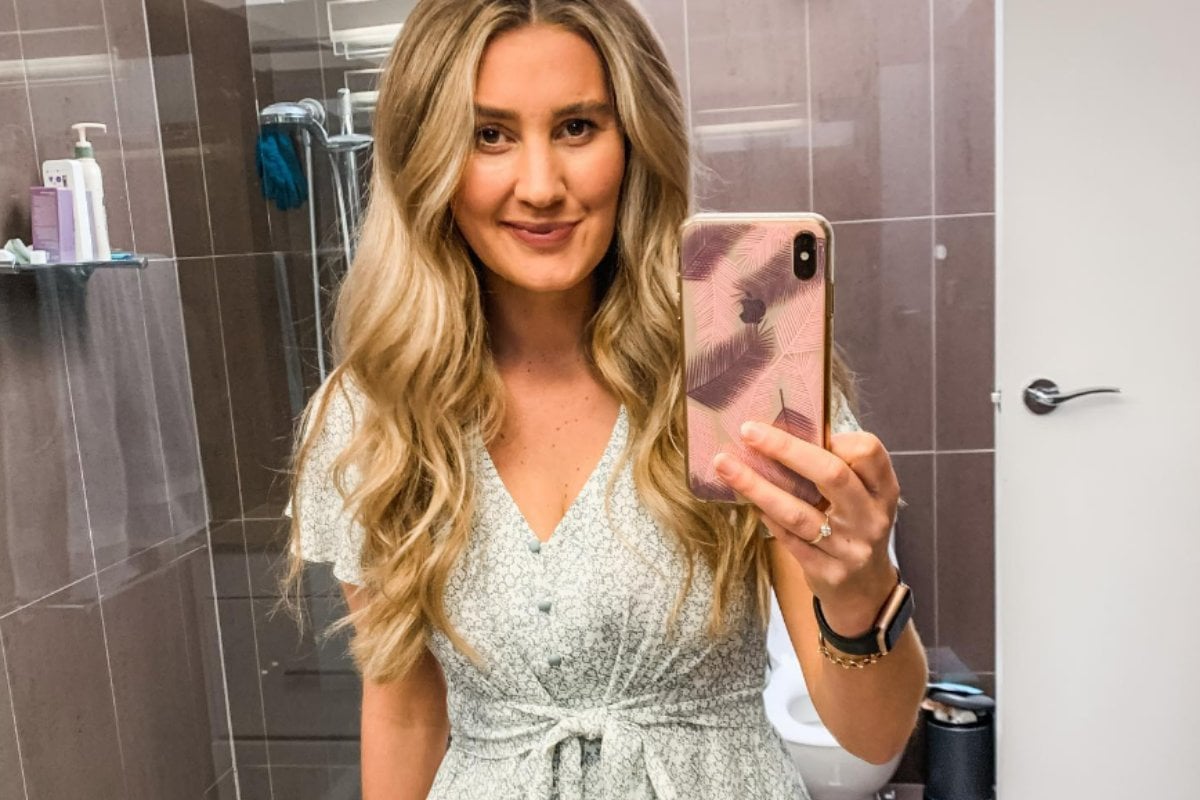
Nobody wants to work anymore.
Or is it that nobody wants to sacrifice their health for their work anymore?
First, they came for our side-parts, then they taunted us with the resurrection of low-rise jeans, now they're demanding a more balanced work life.
Say what you will about Gen Z, but the kids know what they want and if they don't get it, they'll move right onto the next.
A new report from Employment Hero has revealed that 75 per cent of Gen Z employees expect their employer to provide mental health support which can include anything from mental health leave, to Employee Assistance Programs (EAP). And while this could prove challenging on the eve of a recession, especially for small business owners, it's also, in this climate, a non-negotiable.
Increasingly, our work lives have become completely intertwined with our identities, and the demand for giving more and more of yourself to your work has reached a point of no return. Hustle culture has done a number on Millennials, and the burn-out rates are no joke.
Watch: Women from the Mamamia office open up about the last time they cried in the workplace. Post continues after video.
The fact is, post-pandemic, mid-cost-of-living-crisis, and pre-recession, the kids are not okay. None of us are, and if lockdowns taught us anything, it was how utterly out of balance we had let our lives become.
Enter Gen Z - a generation with a refreshingly open attitude towards both gender identity and mental health which extends to their expectations in the workplace. From displaying pronouns up front in email signatures to openly discussing anxiety disorders with superiors, the changes being ushered in by this generation are the kind this burnt-out Millennial is overjoyed to be seeing.
Top Comments